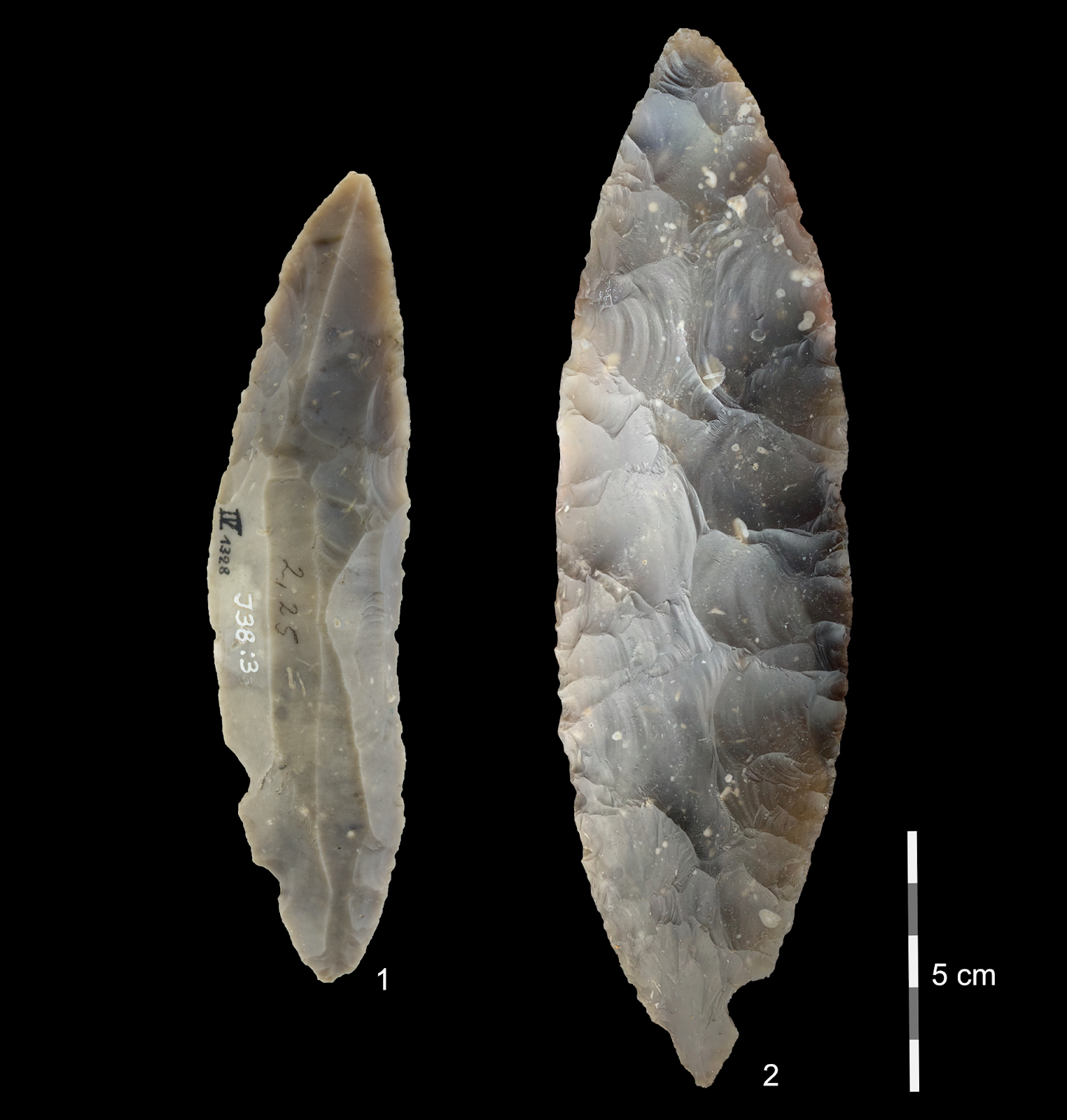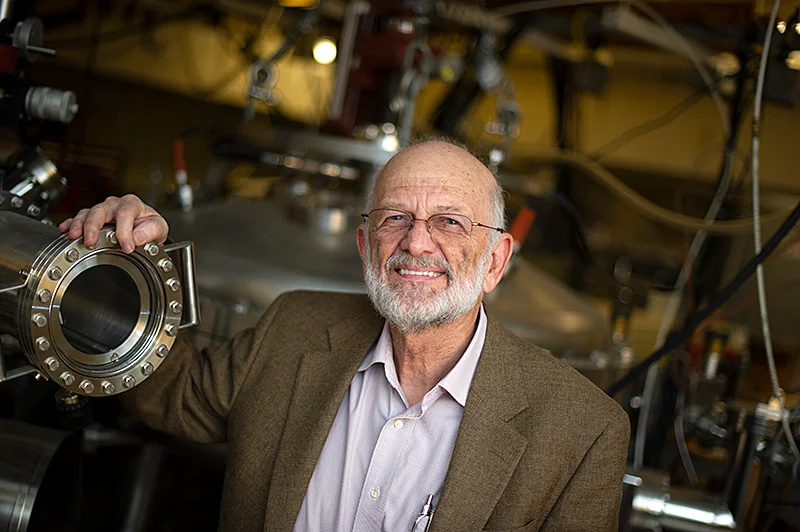
The proteins needed to create limb progenitor cells are marked with different colors under a microscope.
Images: Yuji Atsuta/Tabin lab
Visit any site of a supposed Marian miracle, such as Lourdes, now selling 'miracle cures' that almost never work and those that do can be attributed to the medication the pilgrim was receiving prior to the visit, or to spontaneous regression, the placebo effect or a psychosomatic condition, and you may find lots of crutches supposedly left there as testament to the cure of mobility disorders, but what you will never find is the artificial limb discarded by someone who had a spontaneous regeneration of an amputated limb.
Or visit any of the lucrative travelling, carefully stage-managed 'faith healing circuses' where people appear to be 'cured' of all manner of ailments at the touch of a 'healer', who, for perhaps obvious reasons, never works in a hospital, and you will never witness the regeneration of a limb, or even part of a limb. Not even a finger or toe.
And before some-one cites, the 'Miracle of Calanda', this is such an obvious hoax that it's a miracle anyone believes it.
Despite having allegedly created a universe from nothing and all living things from dirt, creationism's god appears to be incapable, even with the help of his miracle-working mother, to be able to regrow a human limb.
The problem is one of the designer's own making (if you believe creationists) because it would involve the epigenetic resetting of the cells at the end of the stump, so they become stem cells again, capable of making all the different specialist cells in a limb, like bone, muscle, skin, nerves and blood vessels and growing to the right shape in the right place. That was a once-only ability in the developing embryo.
Epigenetics, as I have written about many times, is necessary because the cells of a multicellular organism replicate the same way our single-celled ancestors did - by replicating the entire genome every time in every daughter cell. But the benefit of multicellularity is that cells are specialised so only need a few genes, not the entire genome and having the wrong genes active in a specialist cell would be detrimental, so most of them need to be switched off by the epigenetic system. A problem which could have been avoided by any omniscient, omnipotent designer by just replicating those genes that were going to be needed by the specialist cells, but not something a mindless, natural process with no foresight, no reverse gear and no means of scrapping a bad design and starting again, could have avoided.
And yet medical scientists investigating the problem believe they have discovered the basic principles involved, which turn out to be "surprisingly simple", so well within the capabilities of even creationism's rather limited god.
The scientists, led by Harvard Medical School geneticists, have published their findings in an open access paper in a Cell Press journal, Developmental Cell and explain it in a Harvard Medical School news release by Stephanie Dutchen:




































